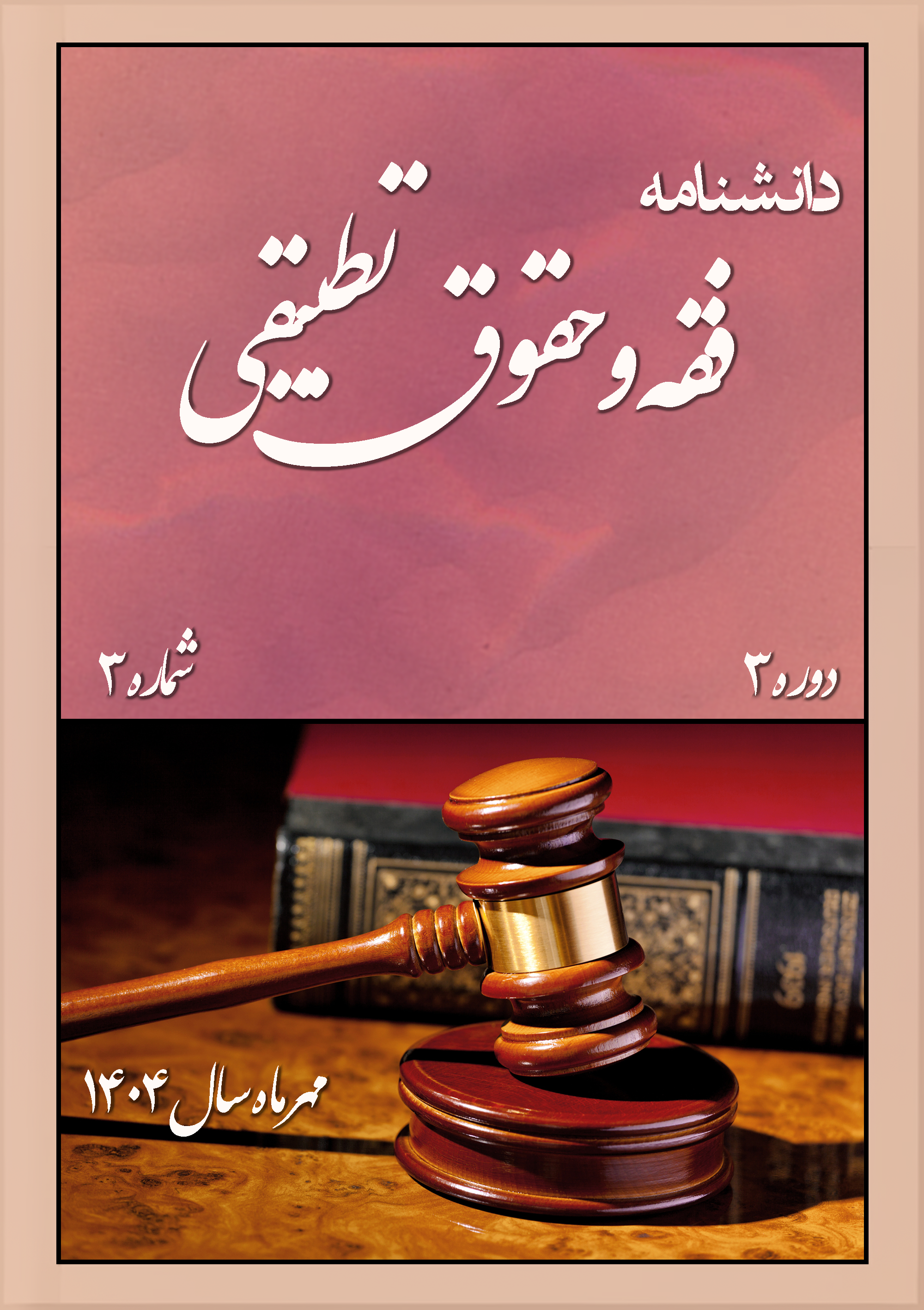Investigating the Role and Limitations of the Principle of Autonomy of Will in the Formulation of Domestic and International Oil Contracts
Keywords:
Freedom of contract, oil contracts, jus cogens, comparative law, public ownership of resources, sustainable developmentAbstract
The principle of autonomy of will, as one of the fundamental principles of contract law, allows the parties to a contract to freely make decisions regarding the conclusion, stipulation of terms, and execution of the contract within the framework of the governing laws. This principle, rooted in liberal thought and jurisprudential doctrines such as the rule of "al-nas musallatūn ‘alā amwālihim" (people have dominion over their property), plays a pivotal role in oil contracts, which are considered among the most complex and significant types of international agreements. Oil contracts are typically concluded between states, as the owners of underground resources, and large multinational corporations, as investors and operators of exploration and extraction activities. Despite the prominent status of the principle of autonomy of will, its implementation in oil contracts faces numerous limitations. The most significant of these include mandatory rules, public order, public ownership of natural resources, environmental requirements, energy security considerations, and obligations arising from international treaties and regulations. This study, employing a descriptive-analytical method and a comparative legal approach, first explores the theoretical foundations and historical background of the autonomy of will in both domestic and international law. It then elaborates on the role of this principle in the formulation of oil contracts and proceeds to analyze its limitations within the Iranian legal system, while comparing it with the legal systems of France and Germany. Findings indicate that although contractual freedom is a recognized principle in all legal systems, in the domain of oil, due to the sovereign, economic, and environmental significance of this resource, it is invariably accompanied by binding frameworks and constraints. Finally, the study proposes strategies for creating a balance between contractual freedom and legal, political, and environmental considerations, in order to both safeguard national interests and facilitate the attraction of investment and the development of international cooperation.
Downloads
References
Akhlaqi, A. (2014). Oil and gas law: Petroleum contracts in the Iranian legal system. Mizan Publishing.
Chevalier, A. (2012). Legal Aspects of Oil and Gas Contracts in France. Journal of International Energy Law, 212-220.
Ministry of Petroleum. (2019a). Report on the status of oil contracts and the legal developments.
Ministry of Petroleum. (2019b). A study of Iran's oil contract models and evaluation of the IPC (Iran Petroleum Contract).
Molfessis, J. (2010). Freedom of Contract in the Oil Industry: The French Approach. Oil and Gas Law Review, 87.
Najafi, A. (1991). Al-Nās musallatūn ʿalā amwālihim wa awfū bil-ʿuqūd [People are sovereign over their property and must honor contracts] (Vol. 2).
Schmidt, F. (2015). Environmental Regulations and Contractual Freedom: The German Approach. International Energy Journal, 63.
Schwenke, T. (2016). Energy Law and Contractual Freedom in Germany: A Study of International Investments. European Energy Law Review, 149.
Stone, R. (2008). The Limits of Freedom of Contract in Oil and Gas Agreements. Cambridge University Press.
Treitel, G. (2007). The Law of Contract (12 ed.). Sweet & Maxwell.
United Nations Environment Programme. (2019). Environmental Regulations and Their Impact on Oil and Gas Operations. UNEP Publishing.
World Bank. (2018). Impact of International Sanctions on Oil and Gas Contracts in Iran. World Bank Group.
Downloads
Published
Submitted
Revised
Accepted
Issue
Section
License
Copyright (c) 2025 Alireza Barati, Mohammad Bagher Fijan (Author)

This work is licensed under a Creative Commons Attribution-NonCommercial 4.0 International License.










